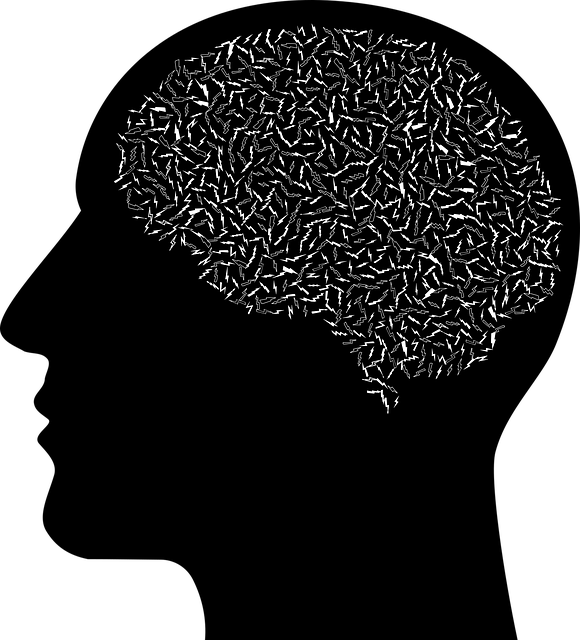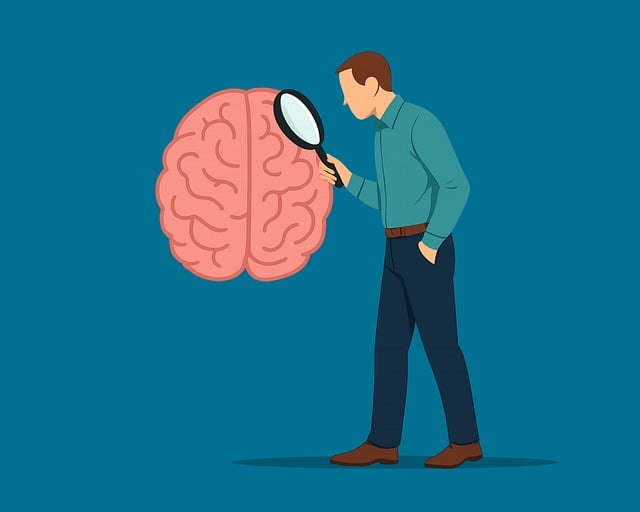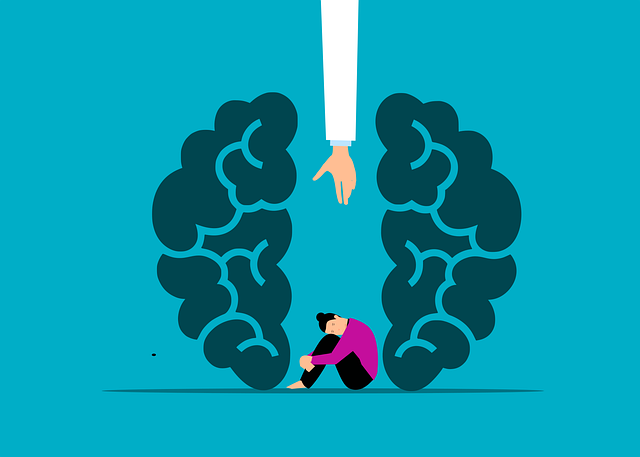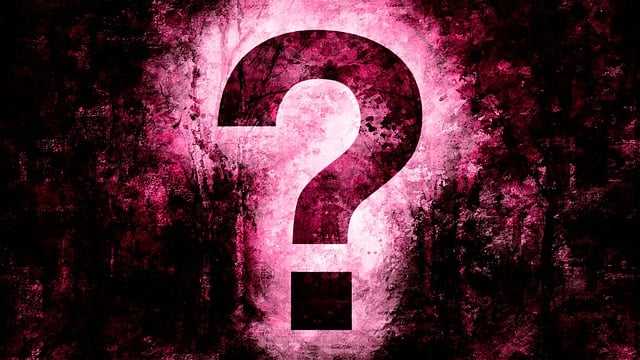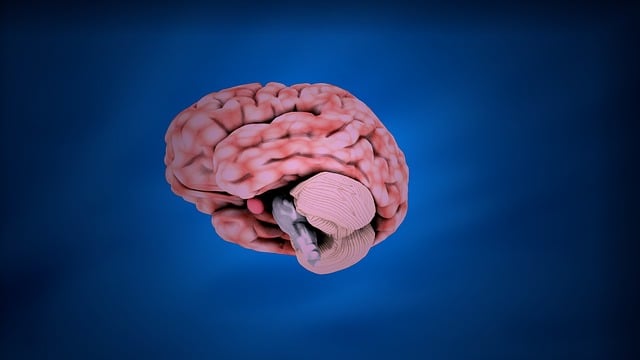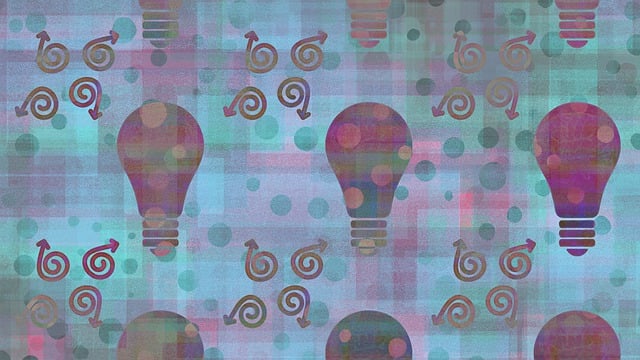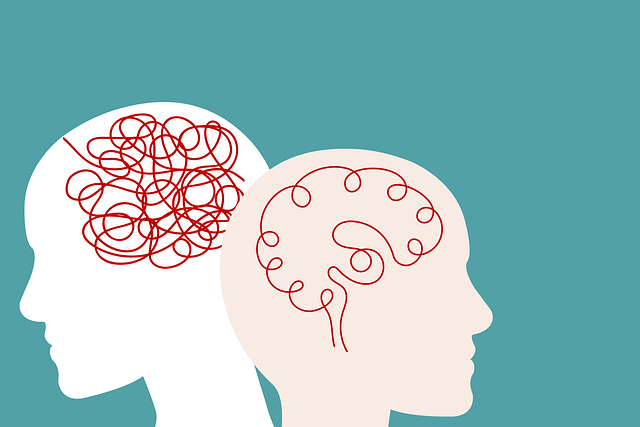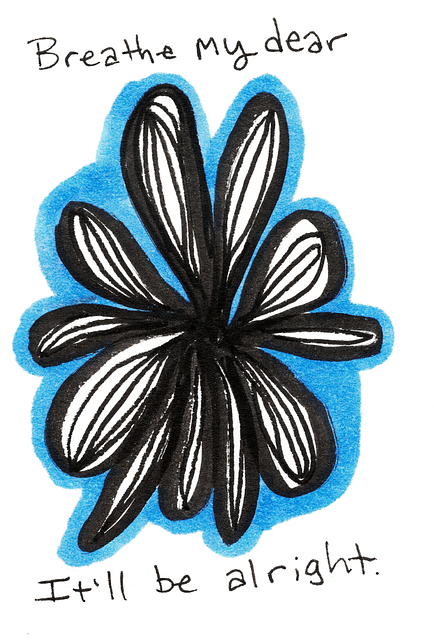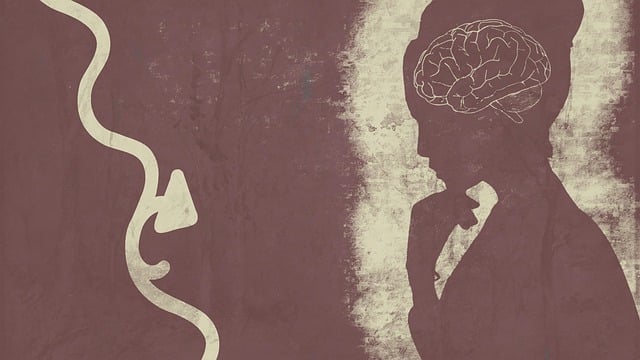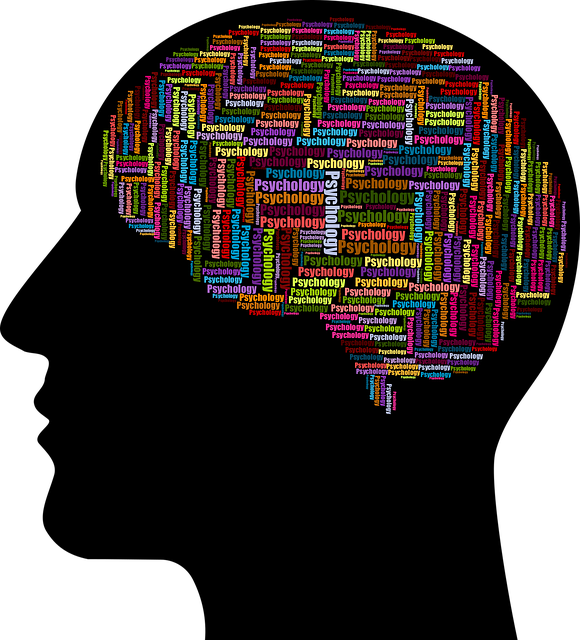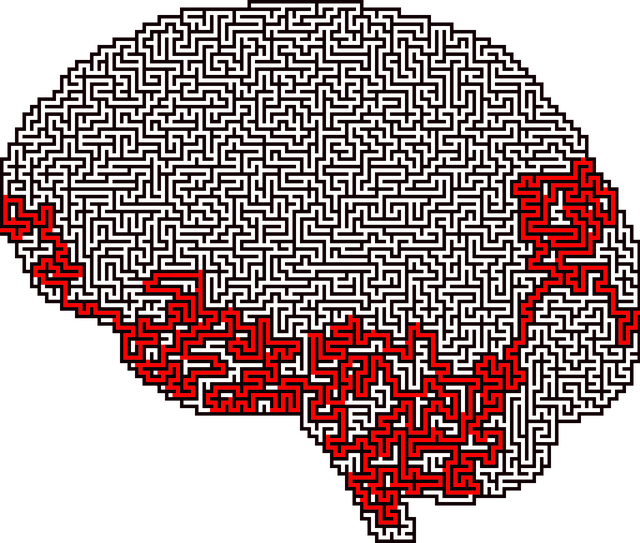Aurora ADD-ADHD Therapy is a specialized mental wellness app addressing the unique challenges of Attention Deficit Hyperactivity Disorder (ADHD). It offers personalized support, structured therapy, and coping skills development, all accessible from home. This rapidly growing mental wellness app market solution democratizes access to care and complements traditional treatments. Featuring journaling tools, exercise guidance, CBT techniques, peer support forums, and progress tracking, Aurora aims to enhance mental health accessibility for diverse cultural backgrounds, while adhering to ethical considerations like data privacy and regulatory compliance.
In today’s digital age, mental wellness apps like Aurora ADD-ADHD Therapy are transforming access to support. This article delves into the growing importance of digital solutions for mental health, analyzing market needs with a focus on conditions like ADHD. We explore key app features and ethical considerations in development, offering insights crucial for both creators and users navigating this burgeoning landscape. By understanding these elements, we can harness technology’s potential to enhance well-being, as demonstrated by innovative platforms such as Aurora.
- Understanding Mental Health and Its Digital Solutions
- Market Analysis: Exploring the Need for Apps Like Aurora ADD-ADHD Therapy
- Key Features and Functionality of a Wellness App
- Development Process and Ethical Considerations for Mental Health Apps
Understanding Mental Health and Its Digital Solutions

Mental health is a diverse and complex landscape encompassing various conditions such as depression, anxiety, and attention-deficit/hyperactivity disorder (ADHD). In recent years, digital solutions like mental wellness apps have emerged as powerful tools to address these challenges. These innovative applications offer accessible and personalized support, allowing users to manage their mental well-being from the comfort of their homes.
One prominent example is Aurora ADD-ADHD Therapy, an app tailored for individuals with attention-deficit/hyperactivity disorder. It provides structured therapy sessions, coping skills development, and anxiety relief techniques, all designed to improve focus, reduce symptoms, and enhance overall mental wellness. By leveraging technology, such apps democratize access to care, ensuring that anyone, anywhere can benefit from evidence-based interventions. Moreover, they offer continuous support, enabling users to track their progress and receive timely reminders for medication or therapy sessions. This digital revolution in mental health care not only supplements traditional treatments but also empowers individuals to actively participate in their own well-being.
Market Analysis: Exploring the Need for Apps Like Aurora ADD-ADHD Therapy

The market for mental wellness apps is rapidly growing, reflecting a significant shift in how individuals access and perceive mental healthcare. Among this diverse landscape, Aurora ADD-ADHD Therapy stands out as a specialized solution tailored to address Attention Deficit Hyperactivity Disorder (ADHD). By leveraging technology, the app offers accessible and personalized support for users navigating the challenges of ADHD, targeting a gap in the current market.
The need for such applications is underscored by the global focus on emotional healing processes and the increasing awareness of mental health issues. Moreover, cultural sensitivity in mental healthcare practice has become paramount, with Aurora ADD-ADHD Therapy designed to cater to diverse user backgrounds. This app’s potential impact on mental health awareness and accessibility is significant, as it provides a convenient, engaging, and potentially life-changing resource for those struggling with ADHD.
Key Features and Functionality of a Wellness App

A mental wellness app like Aurora ADD-ADHD Therapy should offer a comprehensive suite of features to cater to diverse user needs and preferences. Key functionalities include Mental Wellness Journaling tools that allow users to track moods, set goals, and reflect on personal growth. Integrated Exercise Guidance in the form of mindfulness meditations, yoga routines, or guided breathing exercises can help users manage stress and anxiety effectively. Moreover, incorporating Emotional Healing Processes through cognitive-behavioral therapy (CBT) techniques, mood tracking, and positive affirmation practices can empower individuals to better understand and regulate their emotions.
In addition, organizing Stress Management Workshops and providing access to a community forum where users can share experiences, offer support, and learn from one another is beneficial. Features such as personalized recommendations based on user interactions and progress tracking ensure tailored interventions. Regular updates with new content, including articles, videos, and interactive activities, keep the app engaging and relevant. These combined elements create an immersive experience that supports users’ mental wellness journeys.
Development Process and Ethical Considerations for Mental Health Apps

The development process of a mental wellness app, such as Aurora ADD-ADHD Therapy, involves careful consideration of both functionality and ethical implications. Initially, thorough market research is conducted to understand the specific needs and pain points of the target audience facing mental health challenges, including attention-deficit/hyperactivity disorder (ADHD). This step is crucial for designing an app that effectively addresses these issues without perpetuating harmful stereotypes or reinforcing the mental illness stigma.
Ethical considerations are a core aspect of this process. App developers must ensure user data privacy and security, adhering to relevant regulations like GDPR or HIPAA. Moreover, they should foster an inclusive design approach, promoting accessibility for all users, regardless of their cognitive abilities or technological familiarity. By integrating evidence-based practices and self-care routines development into the app’s features, such as mindfulness exercises or mood tracking, mental wellness apps can contribute significantly to reducing the mental illness stigma while empowering users with tools for better self-care practices.
The development of mental wellness apps, such as Aurora ADD-ADHD Therapy, presents a promising avenue to enhance access and effectiveness in mental health support. By leveraging digital tools, these applications cater to the growing demand for accessible and personalized therapy, particularly for conditions like ADHD. Through careful consideration of market analysis, key features, and ethical guidelines, developers can create innovative solutions that improve lives. As we continue to navigate the digital landscape, apps like Aurora have the potential to revolutionize mental health care, offering hope and support to those in need.
